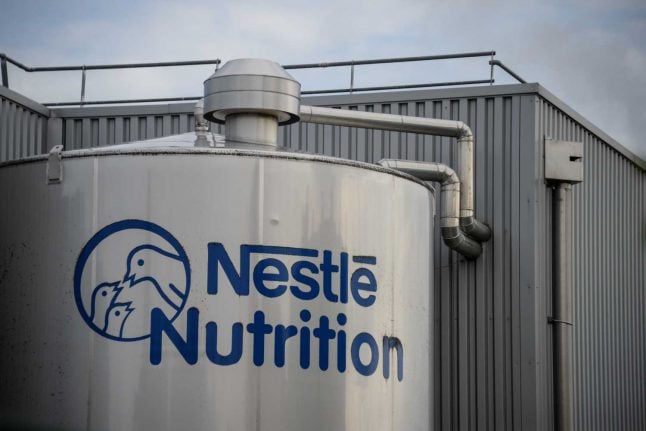The ruling by Comco follows a similar decision by the European Commission in July 2015, following approvals by US and Chinese authorities, Saint-Gobain said.
A spokesman from Comco was not immediately available to confirm the company’s announcement which comes after minority shareholders have bitterly opposed the takeover bid.
Earlier this month, the Swiss Administrative court ruled that Saint-Gobain does not have to make a public takeover offer before purchasing a controlling interest in the company.
Saint-Gobain had agreed to purchase the 16.1 percent stake in Sika held by the Burkhard-Schenker family, which founded the company, for 2.75 billion francs ($2.86 billion).
The founding family holds a powerful class of controlling shares.
The Bill and Melina Gates Foundation Trust is among the minority shareholders against the takeover who have accused Sika’s founding family of disregarding the company’s interests.
“The Foundation Trust will continue to defend their shareholder rights and oppose the ill-advised planned transaction that was structured to serve only the interests of Schenker-Winkler Holding AG (the Burkard family) and Saint-Gobain,” Cascade Investments and the Gates Foundation Trust said in statements at the beginning of the month.
“The proposed transaction makes no strategic sense, is an affront to good corporate governance and is not in the interest of Sika's business, employees, customers or public bearer shareholders,” the two groups said.
“Cascade and the Gates Foundation will continue to protect their investment in Sika and oppose the transaction until reasonableness prevails, even if that requires a multi-year battle.”
Saint-Gobain maintains the merger will be good for both companies with larger profits and synergies worth about €100 million through next year and 2018.
But company said on Tuesday: “In authorizing the transaction without conditions, these decisions confirm the industrial logic of reconciliation between the two groups.”



 Please whitelist us to continue reading.
Please whitelist us to continue reading.
Member comments